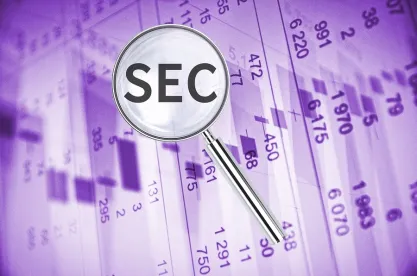U.S. Securities and Exchange (SEC) Commissioner Hester Peirce, referred to by some as “crypto mom” for her support for blockchain technology and cryptocurrency, was nominated on June 3, to serve a five-year term. Peirce is currently one of four SEC Commissioners appointed by the President of the United States with the advice and consent of the Senate. One Commissioner is currently to be named by the President. Their terms last five years and are staggered so that one Commissioner's term ends on June 5 of each year.[1]
Commissioner Peirce was initially appointed in early 2018 to fill a vacancy, scheduled to expire in early June 2020, although a Commissioner is permitted to stay in the position for up to 18 months after her term until the confirmation of a successor. Assuming Commissioner Peirce is approved by the U.S. Senate, her term will extend until June 2025.
In a 2018 speech Commissioner Peirce advocated an application of the “Howey test”[2] that would require a nuanced analysis where certain offerings of digital assets through initial coin offerings might not be deemed securities offerings. This came after the SEC published the DAO report, but before the speech by William Hinman, Director of the SEC Division of Corporation Finance, in which he discussed the idea that a digital asset can become decentralized to the point of not being a security.
Most recently, Commissioner Peirce proposed a new safe harbor relating to the offering of digital assets that would facilitate achieving decentralization. The proposed safe harbor would provide network developers with a three-year grace period within which they could facilitate participation in and the development of a functional or decentralized network that would be exempt from the registration provisions of the federal securities laws, so long as several conditions are met. The proposal would exempt (1) the offer and sale of tokens from the provisions of the Securities Act of 1933, other than the antifraud provisions, (2) the tokens from registration under the Securities Exchange Act of 1934 (Exchange act), and (3) persons engaged in certain token transactions from the definitions of “exchange,” “broker,” and “dealer” under the Exchange Act. While the proposal is unlikely to be adopted, it has opened a dialogue as to whether certain tokens offered for the development of a platform should be regulated in some manner other than under securities.
_______________
[1] Current SEC Commissioners
[2] The Howey test is a test created by the U.S. Supreme Court for determining whether certain transactions qualify as “investment contracts” under the Securities Act and the Exchange Act and are considered securities subject to certain disclosure and registration requirements.






 />i
/>i

